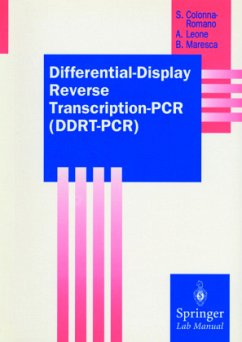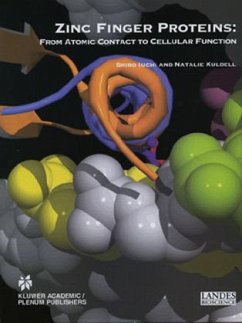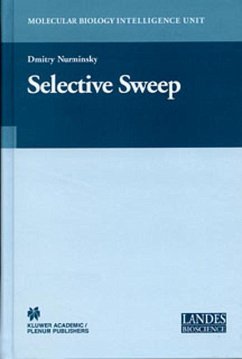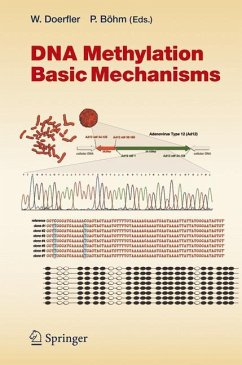
Mitochondrial DNA
Methods and Protocols
Herausgegeben: Stuart, Jeffrey A

PAYBACK Punkte
38 °P sammeln!
Since the publication of the first edition, the number of unique heritable mtDNA mutations recognized as being associated with bioenergetic dysfunction, cell death and disease has grown. Likewise, our understanding of the basic biology of somatic mtDNA mutations continues to improve. In Mitochondrial DNA: Methods and Protocols, Second Edition, specialists from eight countries share their expertise, providing detailed protocols for studying many aspects of mtDNA. The volume is divided into three sections, which cover the transduction of information from mtDNA to functionally active respiratory ...
Since the publication of the first edition, the number of unique heritable mtDNA mutations recognized as being associated with bioenergetic dysfunction, cell death and disease has grown. Likewise, our understanding of the basic biology of somatic mtDNA mutations continues to improve. In Mitochondrial DNA: Methods and Protocols, Second Edition, specialists from eight countries share their expertise, providing detailed protocols for studying many aspects of mtDNA. The volume is divided into three sections, which cover the transduction of information from mtDNA to functionally active respiratory complexes, mitochondrial reactive oxygen species (ROS) production as well as mtDNA damage and its repair, and the identification and quantification of heteroplasmic mtDNA mutations. Written in the highly successful Methods in Molecular Biology(TM) series format, chapters include introductions to their respective topics, lists of the necessary materials and reagents, step-by-step, readilyreproducible laboratory protocols, and notes sections, highlighting tips on troubleshooting and avoiding known pitfalls.
Comprehensive and authoritative, Mitrochondrial DNA: Methods and Protocols, Second Edition promises to aid researchers in further expanding our knowledge of this vital area of cell biology.
Comprehensive and authoritative, Mitrochondrial DNA: Methods and Protocols, Second Edition promises to aid researchers in further expanding our knowledge of this vital area of cell biology.












